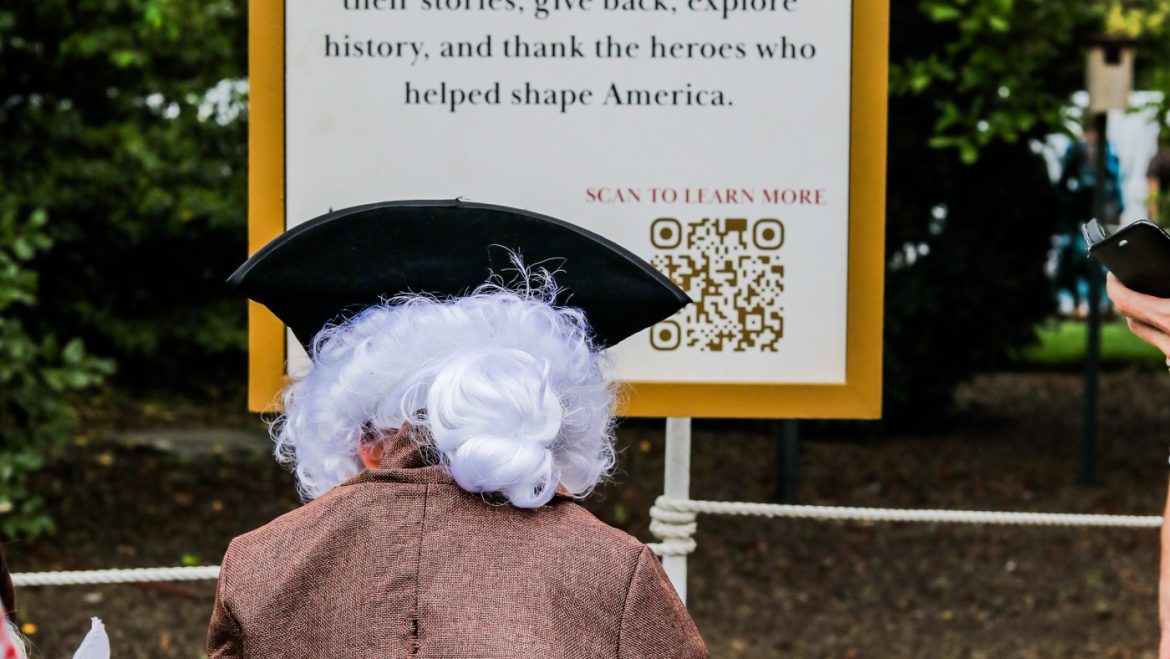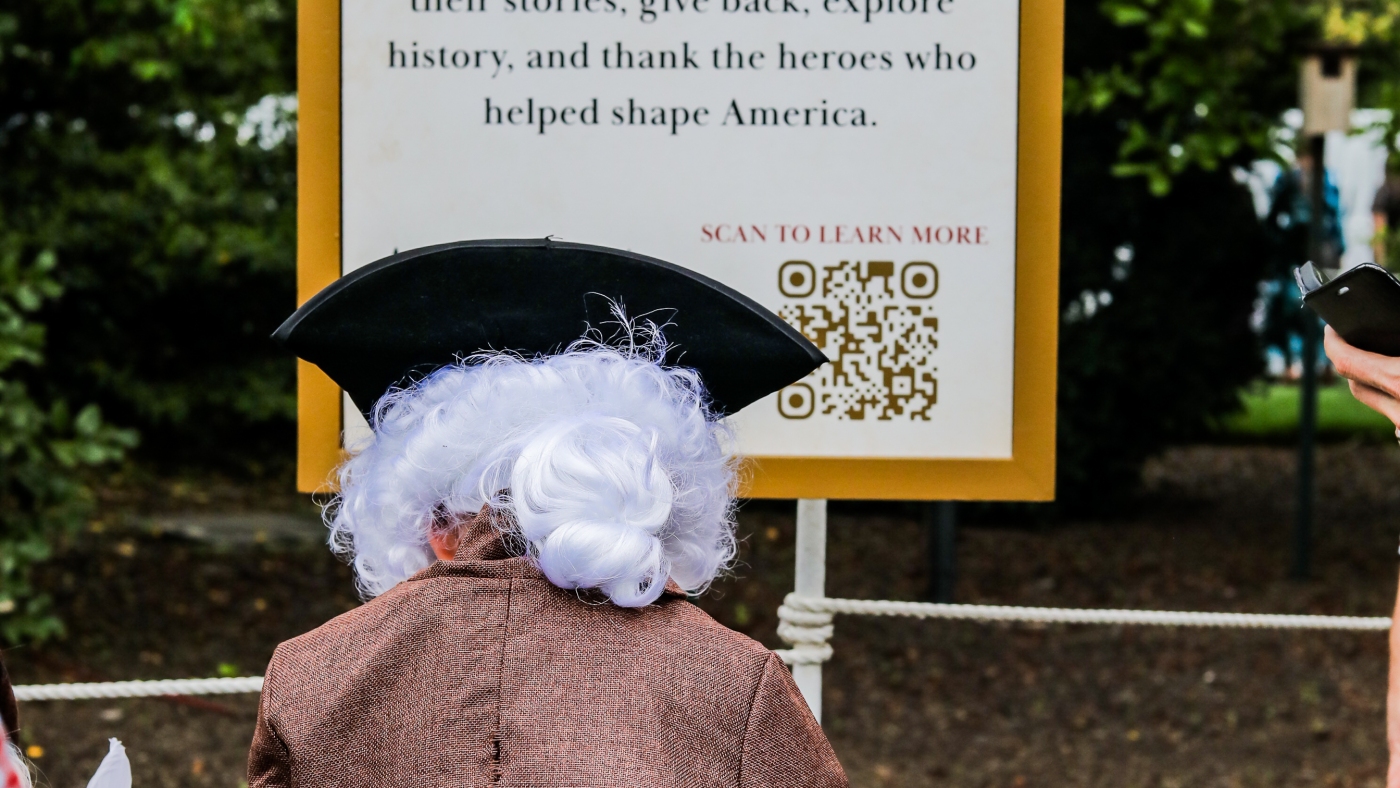The United States stands on the brink of a historic milestone: its 250th anniversary, known as the semiquincentennial, on July 4, 2026. This occasion marks a quarter-millennium of American history, offering a profound opportunity to reflect on the nation’s journey, celebrate its achievements, and confront its challenges. Unlike previous anniversaries, this one arrives during a time of deep political division, raising critical questions about how to commemorate such a significant event in a way that is both inclusive and meaningful. As communities across the country prepare for celebrations, it is essential to examine what aspects of America’s past and present are worth honoring and how to navigate the complexities of its history.
A Nation Forged in Revolution: The Enduring Legacy of Independence
The heart of the 250th anniversary lies in the celebration of the American Revolution and the signing of the Declaration of Independence. This transformative moment in history gave birth to a nation founded on the principles of liberty, equality, and self-governance. Honoring this foundational event is crucial to remembering the courage and vision of the Founding Fathers, whose ideals continue to inspire democratic movements worldwide.
Honoring the Ideals: The core values enshrined in the Declaration of Independence remain relevant today. The pursuit of life, liberty, and happiness are universal aspirations that should be celebrated as fundamental human rights. Recognizing these ideals and the struggle to achieve them is a cornerstone of the 250th commemoration. The Declaration’s assertion that “all men are created equal” has resonated across generations, serving as a beacon of hope for those fighting for justice and equality. By celebrating these ideals, Americans reaffirm their commitment to the principles that define the nation.
Acknowledging the Flaws: While celebrating the ideals of the Revolution, it is equally important to acknowledge the inherent contradictions of the era. The nation’s founders, while advocating for liberty, also perpetuated the institution of slavery and excluded vast segments of the population from full participation in civic life. A balanced celebration must confront these historical realities. For instance, while Thomas Jefferson penned the Declaration of Independence, he also owned enslaved people, highlighting the stark contrast between the ideals of liberty and the realities of the time. Addressing these contradictions is essential for a comprehensive understanding of America’s past.
Learning from the Past: The 250th anniversary offers an opportunity to learn from the past and strive for a more inclusive and just society. By acknowledging the flaws of the founding era, Americans can work towards realizing the full promise of equality for all. This includes recognizing the contributions of marginalized groups, such as women, Indigenous peoples, and enslaved Africans, who played pivotal roles in shaping the nation despite being excluded from the political process. Learning from these experiences can guide efforts to create a more equitable future.
Celebrating American Innovation and Ingenuity
Beyond its revolutionary beginnings, America has a rich history of innovation and ingenuity that is worth celebrating. From technological advancements to artistic expression, the nation has consistently pushed the boundaries of human potential.
Technological Triumphs: America has been at the forefront of numerous technological revolutions, from the invention of the telephone and the light bulb to the development of the internet and space exploration. These achievements have transformed the world and improved the lives of billions. Highlighting these innovations showcases the American spirit of creativity and problem-solving. For example, the Apollo 11 moon landing in 1969 demonstrated America’s technological prowess and its ability to achieve seemingly impossible goals. Celebrating these milestones inspires future generations to pursue scientific and technological advancements.
Cultural Contributions: American culture has had a profound impact on the world. From jazz and blues to Hollywood cinema and contemporary literature, American artists have shaped global trends and enriched human experience. Celebrating these cultural contributions demonstrates the nation’s ability to foster creativity and artistic expression. The influence of American music, for instance, can be seen in the global popularity of genres like rock ‘n’ roll and hip-hop, which have transcended cultural and linguistic barriers. Recognizing these contributions highlights the diverse and dynamic nature of American society.
Entrepreneurial Spirit: The American entrepreneurial spirit has driven economic growth and created opportunities for countless individuals. From small businesses to multinational corporations, American entrepreneurs have demonstrated the power of innovation and risk-taking. Recognizing this spirit is essential for inspiring future generations of innovators. The success stories of entrepreneurs like Steve Jobs and Oprah Winfrey exemplify the potential for individuals to achieve greatness through hard work and creativity. Celebrating this spirit encourages a culture of innovation and resilience.
Acknowledging the Challenges and Striving for a More Perfect Union
While celebrating America’s achievements, it is crucial to acknowledge the challenges and injustices that have marked its history. The 250th anniversary presents an opportunity for reflection, reconciliation, and a renewed commitment to building a more perfect union.
Confronting Systemic Inequality: Throughout its history, America has struggled with systemic inequality based on race, gender, and socioeconomic status. Addressing these persistent disparities requires acknowledging the historical roots of inequality and implementing policies that promote equity and opportunity for all. For example, the legacy of redlining and discriminatory housing policies has contributed to ongoing racial and economic disparities. Confronting these issues is essential for creating a more just society.
Promoting Social Justice: The pursuit of social justice is an ongoing process that requires vigilance and a commitment to upholding the rights of all individuals. Celebrating the 250th anniversary should include a renewed focus on protecting civil rights, promoting inclusivity, and addressing systemic injustices. The Civil Rights Movement of the 1950s and 1960s, for instance, highlighted the ongoing struggle for equality and justice. Building on this legacy, Americans must continue to advocate for policies that ensure equal rights and opportunities for all.
Healing Divisions: In a deeply divided nation, finding common ground and fostering unity is essential. The 250th anniversary can serve as a catalyst for dialogue, understanding, and reconciliation. By focusing on shared values and common goals, Americans can bridge divides and build a stronger, more cohesive society. Initiatives such as community dialogues and educational programs can help foster understanding and empathy among diverse groups. Healing these divisions is crucial for the nation’s future.
The Semiquincentennial: A Call to Action
As America approaches its 250th birthday, the semiquincentennial should be more than just a celebration of the past. It should be a call to action, inspiring Americans to work together to create a better future for themselves and for generations to come.
Investing in Education: Education is the cornerstone of a thriving democracy. Investing in education at all levels is essential for preparing future generations to meet the challenges of the 21st century. The 250th anniversary can serve as a reminder of the importance of education in shaping informed and engaged citizens. Initiatives such as expanding access to quality education and supporting teachers can help ensure that all Americans have the opportunity to succeed. Education empowers individuals to participate fully in civic life and contribute to the nation’s progress.
Protecting the Environment: Protecting the environment is a moral imperative. Addressing climate change, conserving natural resources, and promoting sustainable practices are essential for ensuring a healthy planet for future generations. The 250th anniversary can be an opportunity to renew our commitment to environmental stewardship. Policies such as investing in renewable energy and protecting natural habitats can help mitigate the impacts of climate change. By prioritizing environmental sustainability, Americans can ensure a healthier and more prosperous future for all.
Strengthening Democracy: The strength of American democracy depends on the active participation of its citizens. Encouraging civic engagement, protecting voting rights, and promoting transparency in government are essential for preserving and strengthening democratic institutions. The 250th anniversary can serve as a reminder of the importance of civic responsibility and the need to safeguard democratic values. Initiatives such as voter registration drives and civic education programs can help ensure that all Americans have a voice in the democratic process. Strengthening democracy is crucial for the nation’s future.
A Legacy of Hope and Resilience
As the United States approaches its 250th birthday, it stands at a crossroads. The challenges facing the nation are significant, but so is its potential. By celebrating its achievements, acknowledging its flaws, and recommitting to its founding ideals, America can forge a path towards a brighter future. The semiquincentennial is an opportunity to reflect on the nation’s journey, celebrate its resilience, and inspire a new generation to build a more perfect union—a nation where liberty and justice are truly for all. This milestone serves as a reminder of the enduring spirit of America and the collective responsibility to uphold its values. By embracing this legacy of hope and resilience, Americans can work together to create a future that honors the past while building a more inclusive and just society.


